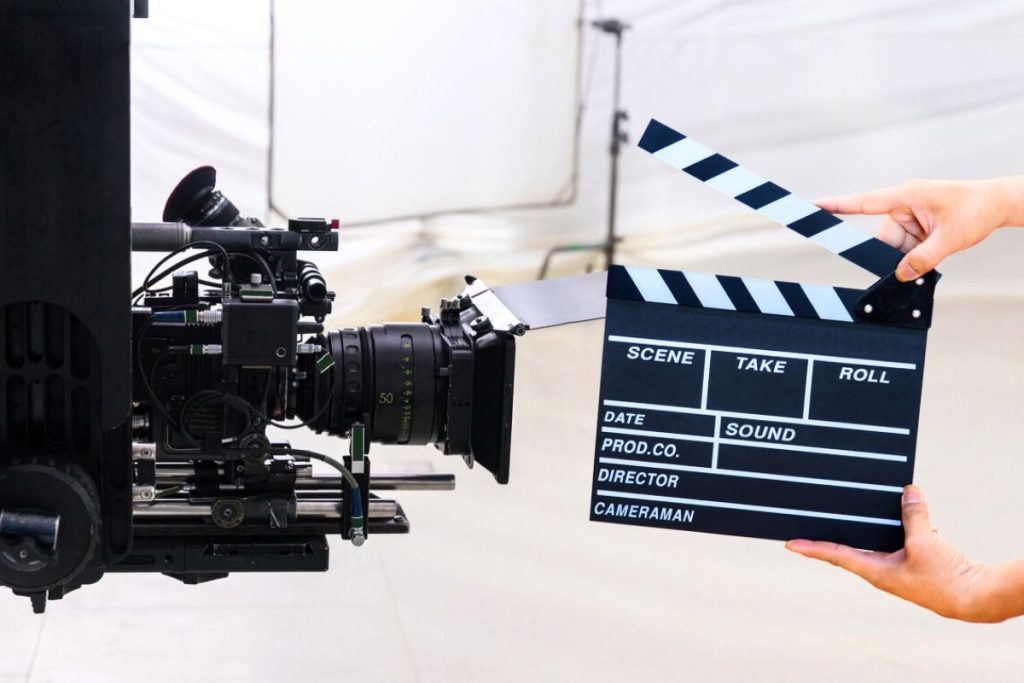It starts with a shaky camera, an awkwardly lit room, and what looks like a human face—but isn’t. Just five minutes in, you realize you’re watching something deeply unsettling. Not because it’s a horror film, but because it’s a glimpse of a future Hollywood has long feared and quietly chased: a movie made by artificial intelligence.
The Studio That Wants to Rewrite the Rules—Without Writers
You’d think this was a dystopian mockumentary. Instead, it’s the launch reel of Staircase Studios, a new company that promises to revolutionize filmmaking by handing the creative wheel to generative AI. Spearheaded by Pouya Shahbazian—the producer behind Divergent, Love, Simon, and American Honey—the studio has one mission: to generate full-length films with minimal human involvement.
Backing him is Kenneth Lerer, co-founder of HuffPost and former chairman of BuzzFeed, and advising them is none other than Lorenzo di Bonaventura, the man who turned Transformers and G.I. Joe into billion-dollar franchises.
Their collective pitch? That AI can make movies faster, cheaper, and maybe even better.
But after watching their debut demo—a five-minute clip that’s more uncanny valley than Cannes contender—it’s clear they’re not just challenging Hollywood traditions. They’re blowing them up with all the subtlety of a Michael Bay explosion.
From Buzzwords to Bots: How AI is Flooding the Entertainment Industry
The rise of generative AI—the technology behind ChatGPT and Midjourney—has been as divisive as it is rapid. In just a few years, it’s gone from being a Silicon Valley curiosity to an omnipresent force reshaping media, creativity, and employment.
YouTube is now flooded with fake trailers, some racking up millions of views. AI-generated “news” sites churn out plagiarized content with near-perfect SEO. And in film, the technology poses a very real threat to thousands of jobs—from writers and animators to editors and composers.
The irony? Many of the same industry leaders who once waxed poetic about preserving artistic integrity are now betting on code over craft.
As Lorenzo di Bonaventura put it back in 2012, when discussing the democratization of film in Side by Side:
“There’s more bad, less good. Because anyone can do anything. Democratization, fantastic! But I think my kids will suffer. They won’t have the quality we had growing up. There’s no taste-maker anymore.”
Fast-forward a decade, and he’s now part of a studio using algorithms to generate entire movies. No screenwriters. No cinematographers. Just data and decisions made by machines.
What’s At Stake: More Than Just Jobs
To some executives, the appeal of AI filmmaking is obvious. No overtime, no unions, no egos. But what’s lost in this automated gold rush is harder to measure—and far more valuable.
When cinema becomes code, who decides what’s beautiful? When creativity is fed through an algorithm trained on past successes, where does innovation come from? These aren’t just philosophical questions. They’re existential challenges for an industry built on storytelling, risk, and human emotion.
There’s also the audience to consider. A film might be technically flawless, but if it lacks that intangible spark—the nuance of a performance, the quirks of a writer’s voice, the unexpected twist from a passionate director—it risks feeling hollow. And no amount of CGI can fake that feeling.
For now, Staircase Studios may just be an early experiment. But it’s a sign of things to come. The tools exist. The money is lining up. And if there’s one thing Hollywood loves more than a good story, it’s a cheaper way to tell it.
The real question is: will we still care to watch?


